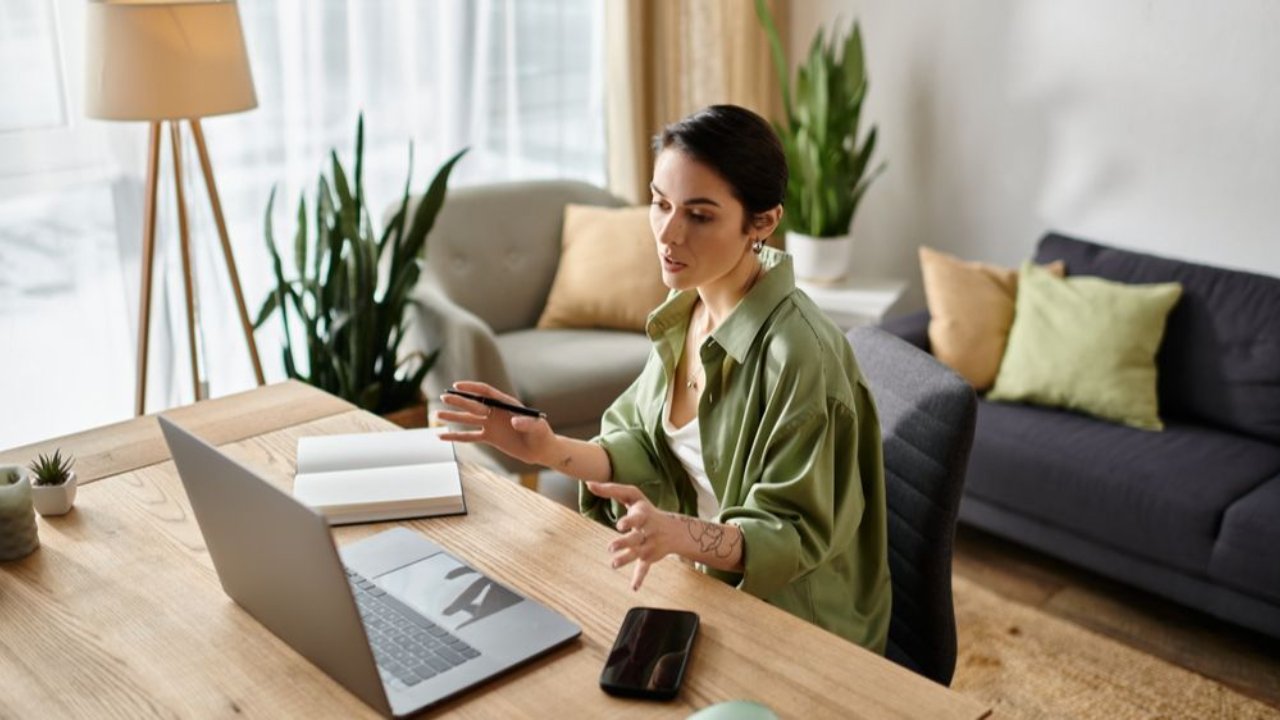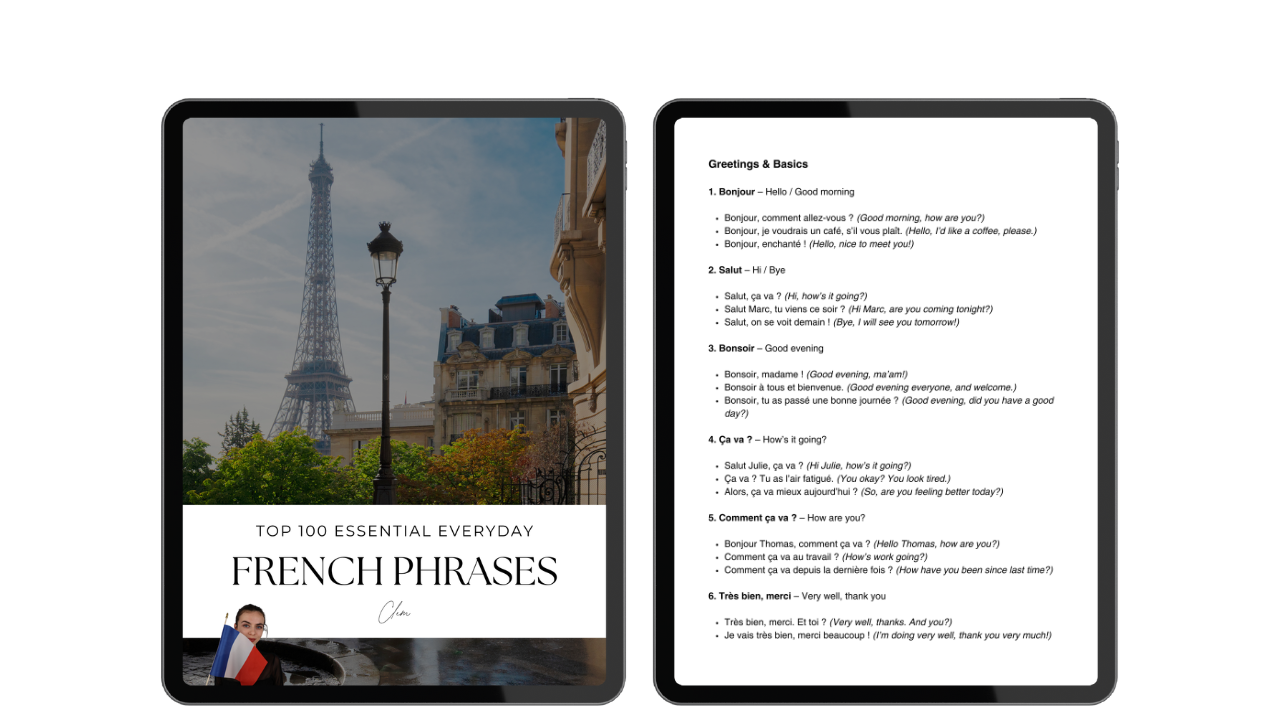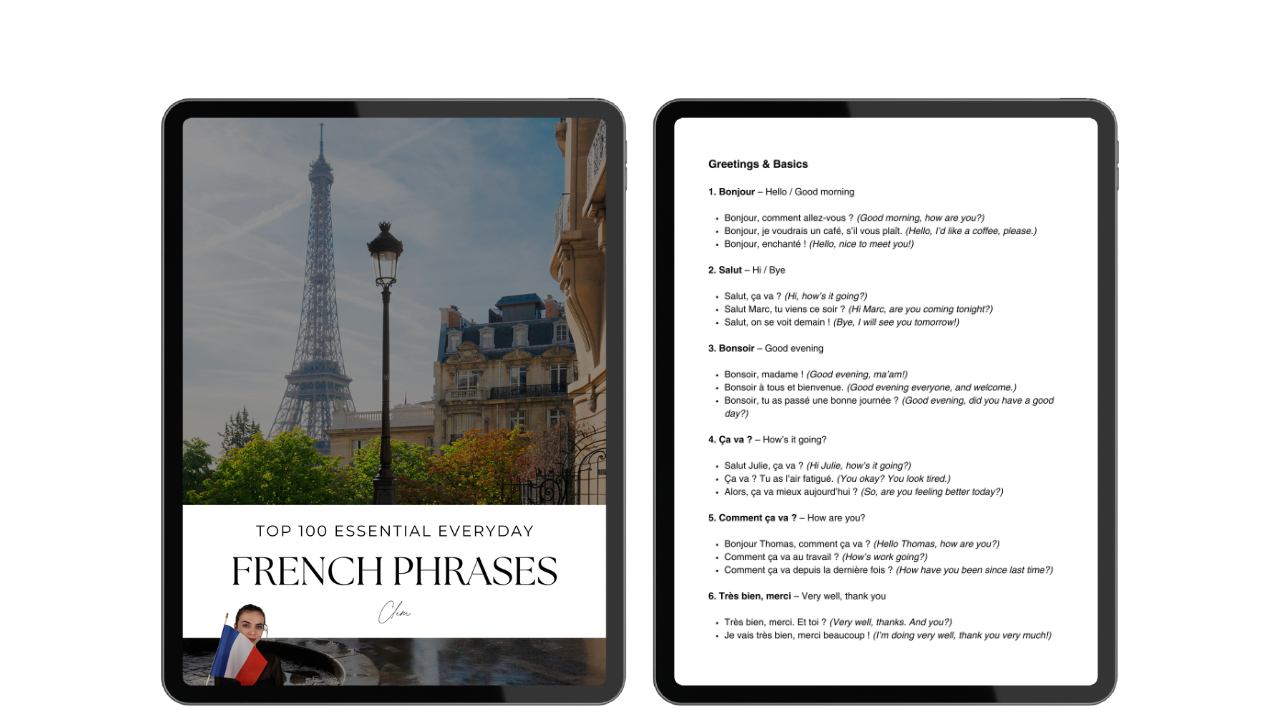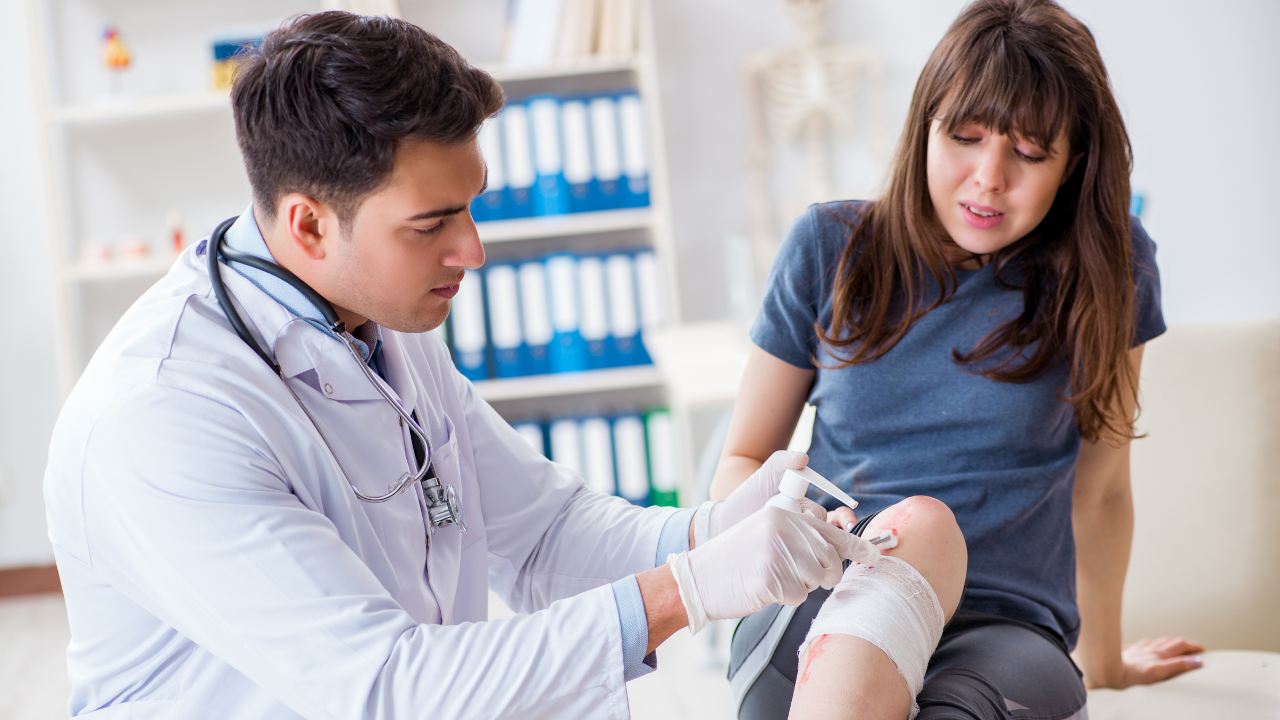
How to Survive a Doctor’s Visit in France (Without Freaking Out)
Jun 19, 2025Let’s be real: going to the doctor is never anyone’s favorite thing. Now add a foreign country, a different language, unfamiliar procedures, and a waiting room full of people who seem to know exactly what they’re doing — and you’ve got a recipe for stress.
But don’t worry — I’ve got you. Whether you're an expat, a student, or just visiting France and suddenly battling an annoying cough, this guide will walk you through how to survive a doctor’s visit in France without losing your mind (or your insurance card).
So grab a cup of tea, breathe, and let’s demystify the whole thing.
Want to start speaking French right away? Grab my FREE eBook: Top 100 Essential Everyday French Phrases.
Doctor Visit in France: First Things First on How the French Healthcare System Works
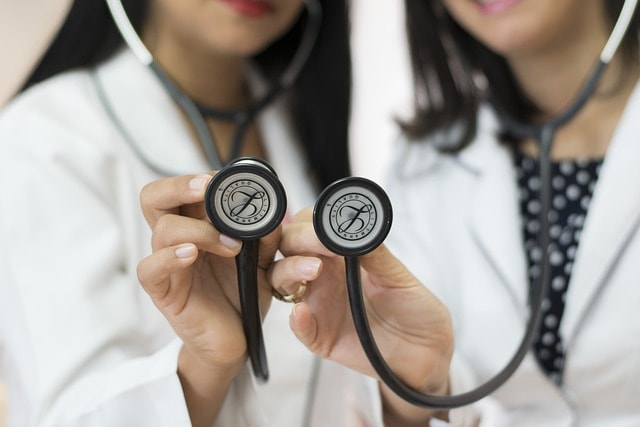
France has one of the best healthcare systems in the world. It’s affordable, accessible, and — once you know how it works — surprisingly efficient.
Here’s the gist:
-
Most French residents are covered by the public health insurance system, called l’Assurance Maladie.
-
You usually pay upfront for your appointment, then get reimbursed later.
-
Many people also have private top-up insurance called a mutuelle to cover the rest.
While the national health system covers a significant portion of healthcare costs, many foreigners may face out-of-pocket expenses unless they have additional private insurance that ensures all their medical expenses are fully covered.
If you’re just visiting France, you’ll likely pay out of pocket and claim reimbursement from your travel insurance later — so keep those receipts!
Introduction to the French Healthcare System
The French healthcare system is considered one of the best in the world, providing comprehensive and accessible medical care to its citizens and residents. Funded primarily through social security contributions and government subsidies, healthcare costs in France are generally lower compared to other countries, while the quality of care remains exceptionally high. The system is divided into two main parts: the public sector, which includes hospitals and clinics, and the private sector, which encompasses private practices and clinics. Understanding the different types of healthcare providers is crucial for navigating the system effectively. General practitioners serve as the first point of contact for most medical issues, while specialist doctors provide more targeted care. Private doctors offer additional options for those seeking specific services or shorter wait times.
Also read: 20 Amazing Facts About France And The French Language
Step 1: Do You Actually Need to See a Doctor?
Before you panic and Google “French ER,” take a sec to think about how serious your issue is.
In France, there are three main options:
1. Pharmacies: Your First Line of Defense
French pharmacies are magical places where pharmacists are highly trained and often more helpful than you’d expect. Got a rash, a mild fever, or a weird stomach thing? Try your local pharmacie first. They’ll give you advice — and possibly meds — without needing a doctor’s visit. Additionally, seeking advice from a local pharmacy can be a reliable way to obtain recommendations for doctors.
Look for the glowing green cross and walk in. No appointment necessary.
2. Médecin généraliste (General Practitioner)
If it’s something that needs a real consultation (persistent pain, infections, prescription refills, etc.), you’ll need a médecin généraliste. They're the French version of a GP or family doctor.
3. Urgences (Emergency Room)
If it’s serious or life-threatening, go to les urgences (ER). But be warned — unless it’s a true emergency, expect long waits.
Emergency care is partially covered by health insurance and is available to both locals and foreigners, ensuring accessibility through a universal system.
There’s also SOS Médecins, a service where a doctor can come to your house. Yep, like the good old days. We’ll get into that later.
Step 2: How to Find a Doctor
Okay, so you’ve decided you need a doctor. Now what?
In France, it is crucial to find doctors quickly, especially in emergency situations. You can use government healthcare portals and websites that list doctors, including English-speaking options, to locate a physician.
For English-speaking foreigners, finding English-speaking doctors can be challenging. However, there are specific platforms and directories that can assist in locating English-speaking medical professionals, particularly in larger cities where English proficiency among doctors is more common.
🧭 Option 1: Ask Around
If you’ve got friends, colleagues, or a helpful Airbnb host, ask them to recommend a doctor. Personal recommendations are gold in France.
🧑⚕️ Option 2: Doctolib.fr
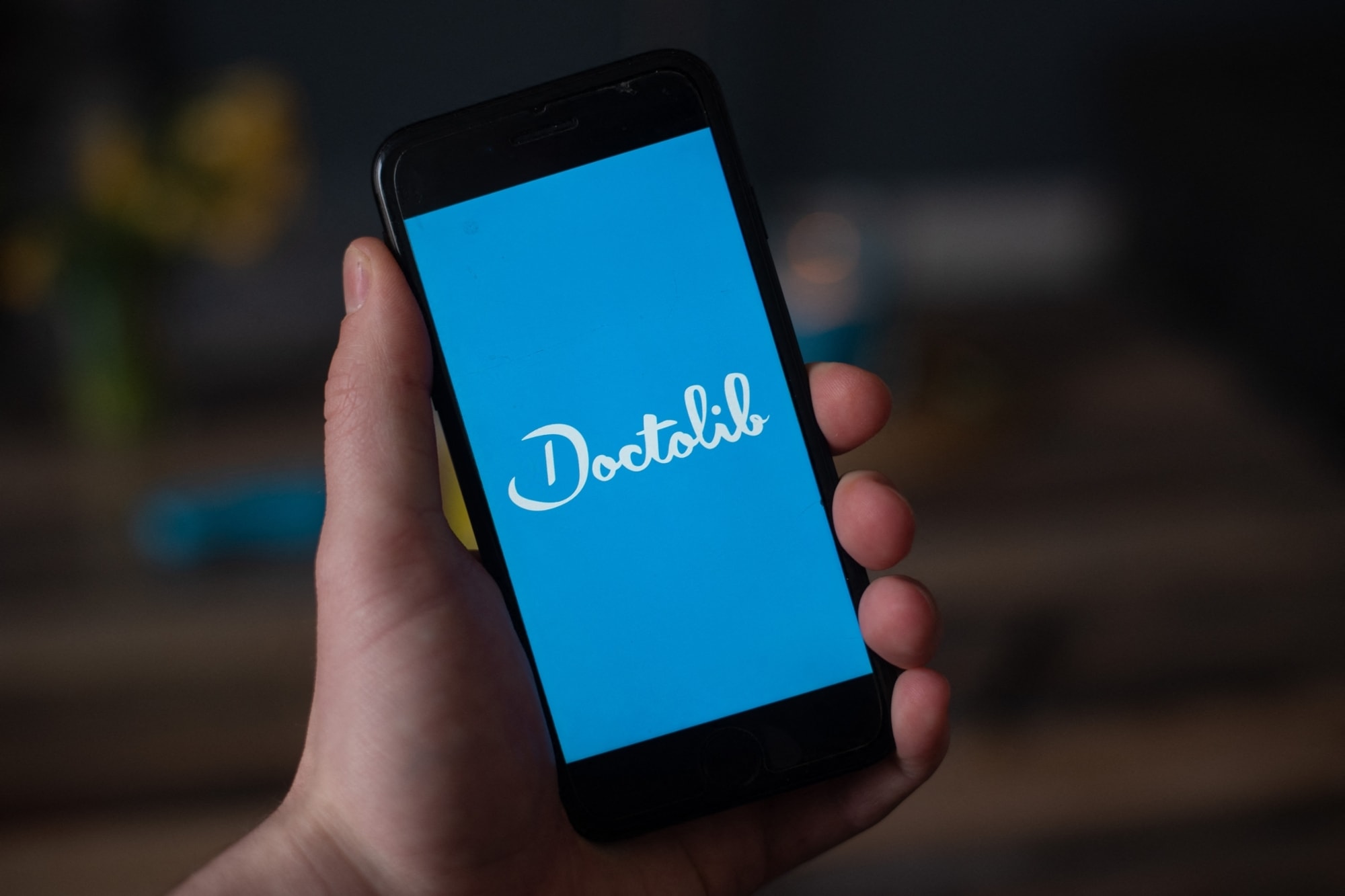
This is your new best friend. Doctolib is like the French version of Zocdoc — you can search for doctors by specialty, location, availability, and even language spoken (yes, some speak English!).
Book an appointment directly online, and voilà. Online doctor services are incredibly convenient and accessible, providing consultations in multiple languages and offering immediate medical care.
If you don’t speak French, filter for “parle anglais” in the search options. You’d be surprised how many bilingual doctors there are — especially in bigger cities. You can receive quick consultations for various conditions without needing to visit a local clinic, making online doctors a preferable option for urgent issues while on the go.
Step 3: What to Bring
Here’s your doctor visit checklist:
- Carte Vitale (if you’re a resident with French health insurance)
- ID or passport
- Any medical records or prescriptions (especially if you’re seeing a new doctor)
- Cash or card — most GPs charge around €25–30 for a consultation
- Mutuelle card if you have one
- Travel insurance paperwork, if you’re a visitor
The health insurance card (Carte Vitale) is crucial for accessing healthcare in France. It validates your insurance coverage, facilitates prescription uploads, and enables reimbursement for medical costs.
And maybe a note on your phone with the French words for your symptoms. Just in case.
Curious about the LFWC teaching style? Try a FREE Sample Lesson today!
Step 4: Surviving the Waiting Room
The waiting room in a French doctor’s office is… different.
There’s no receptionist to check you in. You just walk in, sit down, and wait.
Yes, really.
The doctor will come to the door and call your name when it’s your turn. If you’re not sure whether they know you’ve arrived, you can politely peek your head into the office and say:
👉 “Bonjour, je suis ici pour mon rendez-vous à [heure]. Je m'appelle [votre nom].”
(“Hello, I’m here for my appointment at [time]. My name is [your name].”)
Don’t be shy. It’s totally normal.
Step 5: The Appointment
Most French GPs run a one-person show — no nurse, no assistant. Just them and you.
It is important to schedule a doctor's appointment in advance due to the typical requirement of many general practitioners.
What to Expect
-
They’ll ask you why you came in (so practice your vocab or have Google Translate ready).
-
They might take your vitals, examine you, and ask follow-up questions.
-
If needed, they’ll write you a prescription (ordonnance) or send you for tests (blood work = prise de sang, X-ray = radio).
French doctors perform medical tests primarily based on medical necessity, often requiring referrals for tests, and provide insight into the follow-up process for results.
And yes, sometimes you’ll have to explain what you need using a delightful mix of gestures and awkward French. That’s part of the charm.
Step 6: Paying and Reimbursement
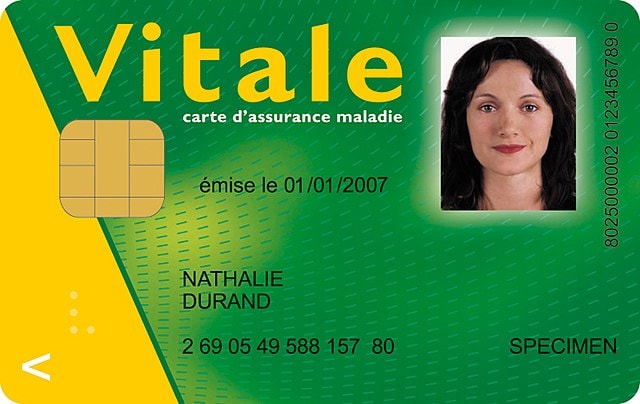
If You Live in France
You’ll likely pay €26.50 for a GP appointment. Use your Carte Vitale, and you’ll be reimbursed about 70% by l’Assurance Maladie. If you have a mutuelle, they’ll cover the rest.
Individuals receiving state medical aid are not required to declare a treating physician, highlighting the flexibility allowed for those under this form of assistance.
If You’re a Visitor
You’ll pay the full fee (often in cash), and you’ll get a receipt called a feuille de soins. Keep it — it’s essential for claiming reimbursement from your travel insurance.
Step 7: Picking Up Your Prescription
Take your ordonnance to any pharmacy. They’ll give you your meds, explain how to take them, and sometimes offer advice too. You can quickly fill your prescriptions at the nearest pharmacy, which is convenient. To locate a pharmacy, you can use online maps or ask locals for directions.
Pro tip: If you’re not sure how to use a medication, just ask: 👉 “Comment est-ce que je prends ça ?” (“How do I take this?”)
You may also like: 10 Surprising Bad Habits Of The French
Specialist Care
Specialist care in France is renowned for its high quality, with many specialist doctors having undergone extensive training and education. Typically, patients need a referral from their general practitioner to see a specialist. However, some specialists, such as gynecologists and dermatologists, can be consulted without a referral. Specialist care is available in both the public and private sectors, allowing patients to choose based on their preferences and needs. The cost of specialist care varies depending on the type of care and the sector, but many consultations are covered by the public healthcare system. Additionally, some private health insurance plans offer direct access to specialist care without a referral, as well as coverage for additional services.
Accessibility and Convenience
The French healthcare system is designed to be highly accessible and convenient. Many healthcare providers offer online booking systems and extended hours, making it easier for patients to schedule appointments. Finding a doctor or specialist is straightforward with online directories like the Ameli directory, or through personal referrals from friends or family. Many doctors and specialists also provide online consultations, allowing patients to receive medical care from the comfort of their own homes. Some private health insurance plans offer direct billing, eliminating the need for patients to pay upfront for medical care. Overall, the French healthcare system prioritizes accessibility and convenience, ensuring that patients can easily receive the medical care they need.
Follow-up Care
Follow-up care is an essential component of the French healthcare system, ensuring that patients receive ongoing medical attention and support. After an initial consultation, patients can expect follow-up care from their doctor or specialist, which may include additional tests, treatments, or referrals to other healthcare providers. Many doctors and specialists offer online follow-up consultations, making it easier for patients to stay connected with their healthcare providers. Furthermore, some private health insurance plans provide additional services, such as access to a network of healthcare providers and personalized health coaching. By prioritizing follow-up care, the French healthcare system ensures that patients receive comprehensive and continuous medical attention, leading to better health outcomes and an improved quality of life.
Bonus: What If You Don’t Speak French?
You’ve got options:
-
Bring a friend who does
-
Use Google Translate or DeepL
-
Write down your symptoms in advance in both English and French
-
Look for English-speaking doctors on Doctolib
And remember — most doctors are patient and kind. They’ll try to understand you, even if your French is a bit wobbly.
SOS Médecins: A Doctor Who Comes to You
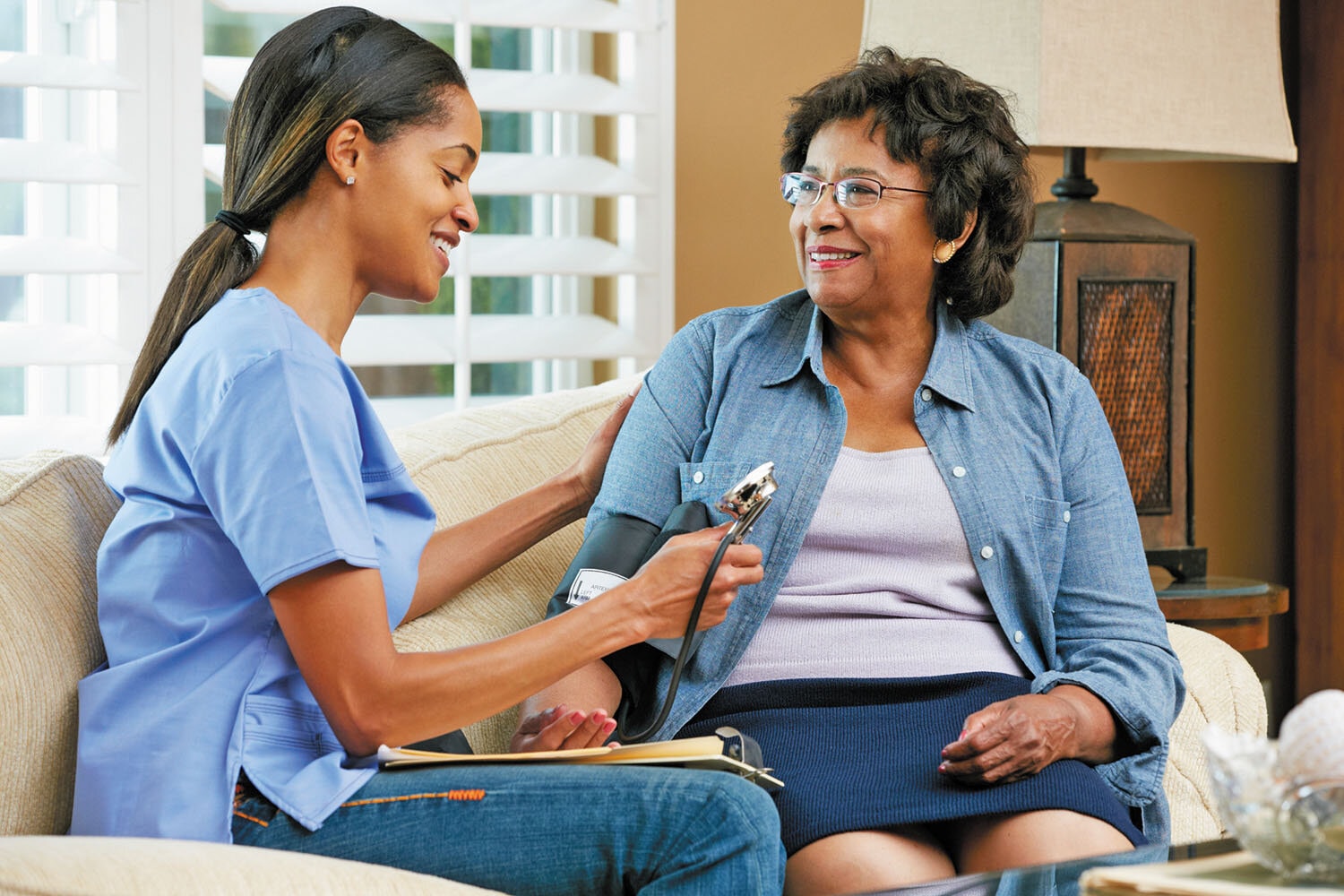
This is one of the coolest things about the French system. SOS Médecins is a service where doctors make house calls — yes, really.
Travelers can specify the type of physician visit they need, whether it's a house call to their location or a traditional office appointment, highlighting the convenience of in-person consultations directly at the traveler's accommodation.
If you’re sick and can’t move, or if it’s late at night, call them.
📞 Phone: 3624 (from within France)
They’re available 24/7 in most cities. You can also book online.
It’s especially useful for sick kids, flu, or those nights when your body says “nope” but the ER seems like too much.
Want to see the structure before joining? Click here to see the full course curriculum.
Useful French Phrases for Your Visit
Here’s your mini cheat sheet:
-
J’ai mal ici. – It hurts here.
-
Depuis combien de temps ? – How long has it been going on?
-
Je suis allergique à… – I’m allergic to…
-
Je prends ces médicaments. – I’m taking these medications.
-
Avez-vous de la fièvre ? – Do you have a fever?
-
Je ne me sens pas bien. – I don’t feel well.
-
Est-ce grave ? – Is it serious?
Stick those in your Notes app for easy access.
When to Go to the ER (Les Urgences)
Hopefully you won’t need this, but if you do, here’s when it’s justified:
-
Chest pain
-
Trouble breathing
-
High fever that won’t go away
-
Major injury or bleeding
-
Loss of consciousness
-
Severe allergic reaction
In a life-threatening situation, individuals should prioritize immediate care by heading to the nearest hospital emergency room or calling emergency services.
If you’re not sure whether it’s an emergency, call 15 (SAMU — French emergency medical service). They’ll help you decide.
How to Say “I’m Not From Here” (and Get Extra Patience)
Just be upfront:
👉 “Désolé(e), je ne parle pas bien français. Je suis étranger(ère).”
(“Sorry, I don’t speak French well. I’m a foreigner.”)
Most people will be understanding — especially doctors. A little humility and a smile go a long way in France.
Cultural Tips: How Not to Be That Patient
-
Say “bonjour” when you walk into the waiting room.
-
Be on time. Doctors run late, but patients shouldn’t.
-
Don't expect small talk — French appointments are pretty direct.
-
Avoid WebMD-ing your way through the visit. French doctors generally don’t love being told what Google said.
So… How Bad Is It Really?
Honestly? It’s not bad at all. It’s just unfamiliar.
Once you’ve gone through it once, it won’t feel nearly as intimidating the next time. And you’ll walk out of there not only feeling a little better — but like a total adult for handling healthcare en français.
Final Thoughts
Navigating a doctor’s visit in France might feel a bit like trying to solve a riddle in another language, but you can do it. With a little preparation, a sprinkle of courage, and maybe a helpful pharmacist or app, you’ll be just fine.
And next time your French friends complain about healthcare in France, you’ll be like, “Buddy… try getting an appointment in [insert your home country here].”
Stay healthy — and if you can’t, at least now you know what to do.
Loved this post? You’ll love the full course even more.
Learn French step by step, from A1 to B2, with a method that actually works. Check out the course here.
À bientôt !
Clémence





